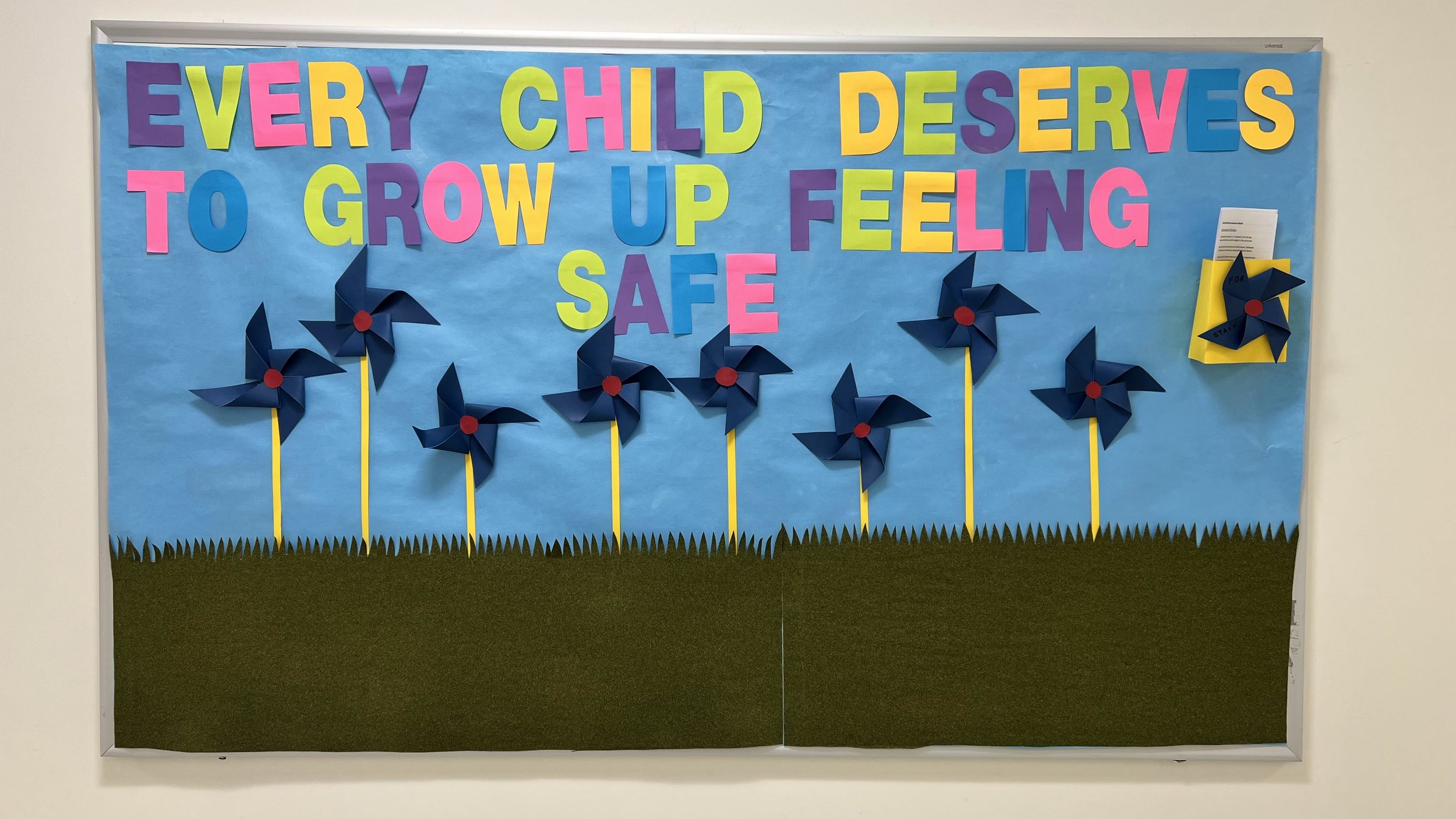Child Abuse Prevention
April is Child Abuse Prevention Month. Schools play a critical role in helping to prevent child abuse and neglect. It is important that preschools, as well as K-12 schools, are attentive to the signs of potential child abuse in their students. Let’s take a look at some positive actions schools can take to support parents and work to prevent abuse and neglect.
RAISING AWARENESS
April provides the opportunity for heightened awareness of Child Abuse. Every person in a child’s life can play an important role in child safety and abuse prevention efforts. Schools are a pivotal resource since educators and staff generally spend a great deal of time and have ample opportunity to observe and listen to students.
PROVIDING PROGRAMS
There are a variety of informative programs schools can offer that address the needs of students, teachers and parents. How to spot the signs of child abuse, methods for prevention, and the correct way to report it are some of the topics needing to be addressed. Schools are an excellent place to deliver informational programs because of direct access to children and families. A study by the Crimes Against Children Research Center found that “children involved in school-based prevention programs were most likely to use the school-taught self-protection strategies when victimized or threatened; were most likely to feel they were successful in protecting themselves and were more likely to disclose to someone about the victimization attempts.” You can read more about the study here. Students of any age should understand what abuse is, how to protect themselves, and how to get assistance.
Here at Children’s Day Preschool, we offer many programs for families that help them navigate a healthy relationship with their children. Our Family and Social Workers routinely have one-on-one meetings with parents to give guidance on topics of discipline, creating a positive at-home environment, and maintaining health and wellness, among others that aid in preventing child abuse and neglect. Parents are encouraged to practice self-care because when caring adults are able to effectively handle their stress, they are better able to manage the daily challenges of parenthood. We also provide students with an environment where they can feel comfortable sharing personal experiences, if applicable, or observations of possible abuse/neglect.
RECOGNIZING THE SIGNS
Child abuse is not limited to only physical abuse and can take other forms including emotional abuse, medical abuse, and neglect.
Physical abuse can be suspected if a child presents suspicious physical injuries. Emotional abuse often occurs from a “verbal assault” and is very injurious to a child’s self-esteem, emotional well-being and development, and even ability to learn. Medical child abuse occurs when a person or caretaker gives false information about illness in a child, putting the child at risk of injury due to unnecessary medical care. Child neglect can include the failure to provide adequate food, shelter, affection, supervision, education, or dental or medical care.
Nurture your relationships- Visit PCANJ For More Resources
Prevent Child Abuse - New Jersey is an organization that helps builds a brighter future for children by promoting Great Childhoods, positive parenting, and healthy child development. They educate parents, provide training and technical assistance to youth and family organizations serving schools, and keep community members informed. They help transform homes and schools into nurturing, aware environments.
Nurturing healthy relationships at home is critically important to preventing or treating child abuse. Communicating with, listening to, and closely observing your child are all ways to become more proactive. Knowing a child’s limits, utilizing realistic behavioral expectations, and maintaining a child’s physical health is key to preventing abuse by neglect. It can be very useful to find and join a local support group, especially for new parents who are still learning the ins and outs of parenting.
If you or anyone you know is battling child abuse, be sure to call :
1-877-652-2873 (TTY/TDD use 1-800-835-5510) - NJ’s CHILD ABUSE/NEGLECT HOTLINE
If you're feeling stressed out, call the Family Helpline and work through your frustrations before a crisis occurs. You'll speak to sensitive, trained volunteers of Parents Anonymous who provide empathic listening about parenting and refer you to resources in your community.
1-800-843-5437 — NJ’s FAMILY HELPLINE



